Without John Houlding there would be no Liverpool FC; Houlding is without contention afforded the mantle of founding father of the club, as David Kennedy’s new book details.
THE FORGOTTEN LEGACY OF JOHN HOULDING
The Man Who Created Merseyside Football: John Houlding, Founding Father of Liverpool and Everton
The name John Houlding will forever be most associated with Liverpool Football Club. The part he played in the rise to prominence of Everton FC may have been substantial, but Liverpool FC was indisputably his creation – an organization with his personal stamp upon it.
It is curious to state then that Houlding’s contribution to Liverpool FC has been somewhat (and probably inadvertently) downplayed in much of the official and unofficial literature concerning the first decade or so of the club’s existence.
There is recognition in these accounts that without John Houlding there would be no Liverpool FC; Houlding is without contention afforded the mantle of founding father of the club.
But there is a definite underplaying of his crucial role in the development of Liverpool in the period that he was owner. This lack of acknowledgement has been established by the propagation of two notions.
First, that Houlding was someone whose primary concern was to be a financial investor in football. Second (and as an outcome of viewing Houlding first and foremost as a speculator), that he was a delegator, and that the men he hired to run the club were more central in establishing its identity. Such notions, though, must be rejected, and Houlding’s full legacy re-established and credited.
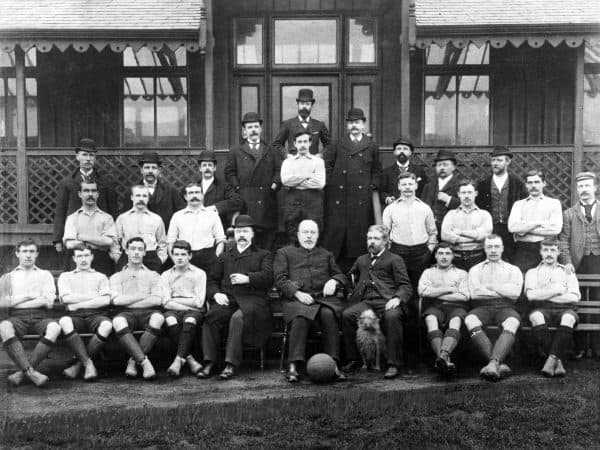
In many of the historical accounts of the foundation of Liverpool FC, John Houlding is viewed as the club’s founder, more out of necessity than design: the club being the outcome of irresolvable complications at Everton FC leading to his dismissal from that club and his need to maintain the value of his own asset – his ownership of Anfield.
Rather than the more positive positioning of Houlding as the creative organisational force behind Liverpool FC, figures such as club secretary-cum-manager, William E. Barclay and club director, John McKenna (who was, in effect, the club’s ‘chief executive’) have been given greater prominence and greater credit for building the foundations of Liverpool FC.
For example, in a Times article in 2017 it was said of William Barclay’s contribution to the club that “for the first four years he was everything to Liverpool: kitman, arranger of games, secretary, manager and logistics man. While Houlding sat back and imagined what his new creation could become, Barclay made it happen.”
The Official History of Liverpool FC, meanwhile, champions the role of John McKenna (pictured below). “The handsome, moustachioed” McKenna, had eclipsed William Barclay to “rule Liverpool’s affairs”. And not just team affairs – McKenna is also given the credit for Anfield’s overhaul of the mid-1890s when a new main stand was built adding thousands more on to the stadium’s capacity from its 20,000 maximum when Everton played there.
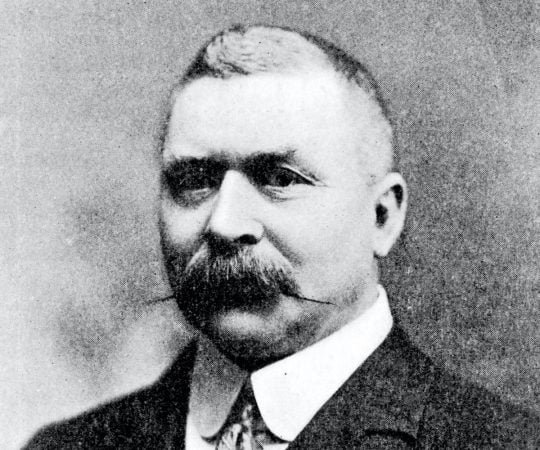
The playing up of John McKenna’s credentials as ‘Mr Liverpool’ (and consequent playing down of Houlding’s impact) was a feature of the Everton FC Silver Jubilee celebrations in 1929.
The then Everton Chairman, William Cuff, went to great lengths to elevate the McKenna legacy when recalling Liverpool FCs early history, praising the strides their local rivals had made under the Ulsterman. Referring to the split in the Everton Committee of 1892, Cuff stated “[Messrs Clayton, Mahon, Baxter, Atkinson and Griffiths] represented the cream of the crop at Anfield Road, but not all the cream of the talent. Some of the cream remained behind and formed the club which is now the Liverpool Football Club, and I refer only to one – Mr John McKenna”.
This unbalanced presentation, though – positioning Houlding as a mere figurehead and/or bankroller of the new club – is unsustainable. It ignores almost completely the personal stamp Houlding imprinted on the early Liverpool FC.
Not the least of Houlding’s accomplishments was the foundation of Liverpool on a firm corporate footing where investors had control and could expect a reasonable rate of profit from their outlay. And one of the major reasons for Houlding’s elimination from Everton FC was the perception that he sought to exploit that club for his own business purposes – more particularly the chance to exclusively provide Everton FC with his own beverages.

Unsurprisingly, given his experience at Everton, he left nothing to chance in this new venture with regards to club governance. The commercial rights of the board and the concentration of power in their hands were immediately enshrined at Liverpool FC, and the brewer’s influence over the drawing up of its Articles of Association was obvious.
One rule established that “The office of director shall not be vacated by his being concerned or participating in the profits of supplying the company with any goods or stock”.
Another rule stated that “The Executive Committee should have sole control over the ground and finances, power to engage players, arrange fixtures and of all matters including the election of members during its year in office”.
This was a decisive shift away from what had gone on before at Everton FC – a club that retained into the limited company era its structure as a members’ club, where power was held, formally at least, at rank and file level. We might add to this that Houlding’s control of Liverpool FC established the dominant major shareholder figure – a novel feature in the Merseyside professional football scene.
From the outset, Houlding figured prominently as a shareholder. In 1892, there were only forty-seven original subscribers to Liverpool FC, and John Houlding controlled just under half of the initial 788 shares in the club; easily the biggest single source of take up. By the end of his time at Liverpool a decade later, he controlled over two-thirds of the club shares (1,960 of 2,953).
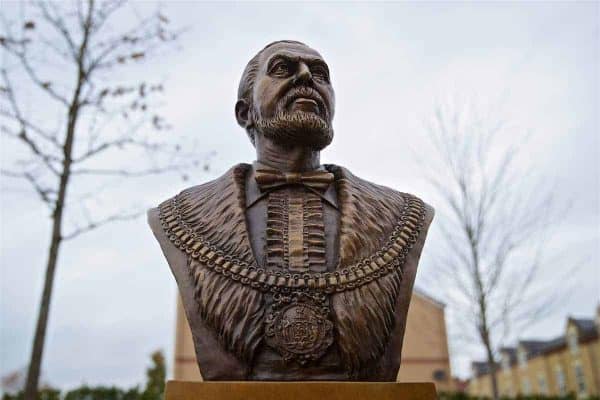
Modern day football fans would have no problem in recognising Houlding as a kindred spirit to today’s football club owners who set out the overall tone and direction of a football club which industry experts then carry out, as per their instructions.
If Houlding similarly leant heavily on the talents of others in the Liverpool hierarchy (Barclay, McKenna, or erstwhile chairman, Edwin Berry, his trusted ally from the Liverpool drink trade defence associations), using their expertise to carry out his vision of how Liverpool should look and be run, then this was a matter of inspired delegation to men he had hand-picked to join him on his new venture and not evidence of a figurehead uninterested in the development of the club.
But Houlding’s influence over Liverpool FC was not just confined to its governance in a commercial and bureaucratic sense. He also socially engineered the early Liverpool FC.
Due to the centralisation of control over the club in his hands, Houlding was able to create the identity of the Liverpool hierarchy and determine the path they would follow.
At the top of the club, amongst the men who controlled it, there was a discernable typology established by Houlding – one which lasted beyond his death. When Houlding founded the club, he gathered about him men who were socially and politically in lock-step with him.
The 1892 split of Everton FC was laced with bitter in-fighting, and much of this had its origin in the distinct socio-political characteristics of two groups of men who were completely committed and motivated to defeating and expelling the other from the club.
The initial intake of men to the Liverpool boardroom, therefore, was closely overseen by John Houlding, and his preference was to advance men of the same political mindset as him and who shared the same social interests. Active Conservatives and freemasons from the masonic lodges the Liverpool owner held sway over found that their path to the club boardroom could be a smooth one.
The club rules on the admission of new subscribers gave Houlding the means to engineer the social profile of Liverpool FC at shareholder and boardroom level.
“New members shall be elected only at executive committee meetings and shall be duly proposed and seconded by two members of the executive”, the club’s Articles of Association determined. Under this strict supervision Liverpool FC began resembled something of a private gentleman’s club – a notion that gains traction when reading observations of the organisation in the local sporting press from the period.
“The shareholders of Liverpool FC”, stated the Athletic News in May 1899, “are a few private gentlemen, who will meet when it pleases them, and let the public know just as much of their affairs as they may choose to communicate”.
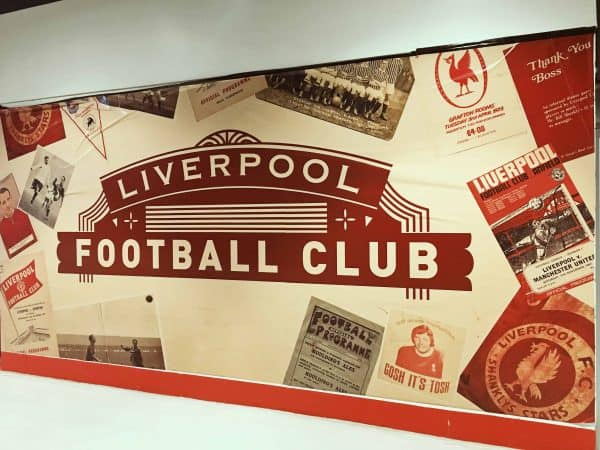
With the creation of Liverpool FC, John Houlding had not only transformed the sporting (indeed cultural) life of the city, he had also helped to successfully reinvent himself.
The setting up of Liverpool FC – though forced on him – had proven to be a decisive shift in his fortunes. Free of the sniping comments of his Everton detractors, Houlding was able to recast himself as a benefactor; someone associated with the building up of an important public institution, rather than as a man exploiting and undermining one.
Little did Houlding know the historical consequences of his achievement in founding Liverpool FC – a club that would go on to dominate English football and become a global force.
In this respect, his son William’s words were prophetic. When addressing the assembled squad of the club’s original players in the summer of 1892, the younger Houlding predicted that:
“This team the committee has got together will give the lie to those who say we will only have a park team, and will have to play only park teams. We of Liverpool Football Club intend to make ourselves felt in the world of football.”
Liverpool had first, though, to be cast in John Houlding’s image. His will to come out on top, his insistence on doing things his way by employing his methods and his men, stamped the club with his own inimitable character. For these reasons Houlding remains the key figure of the club’s foundational period.
* You can buy The Man Who Created Merseyside Football: John Houlding, Founding Father of Liverpool and Everton here.
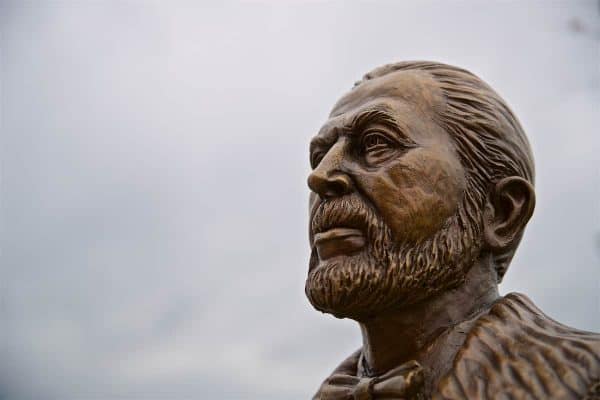
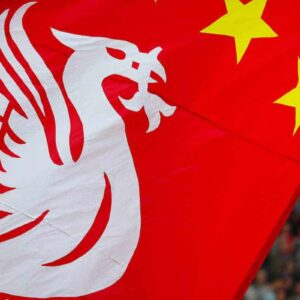





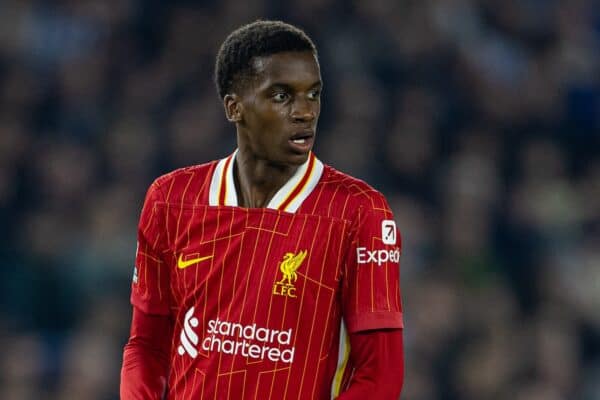





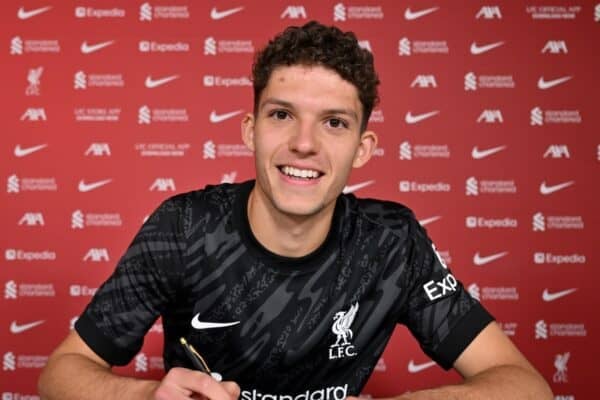

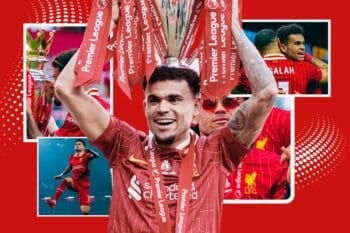
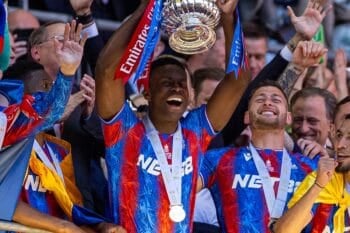

Fan Comments